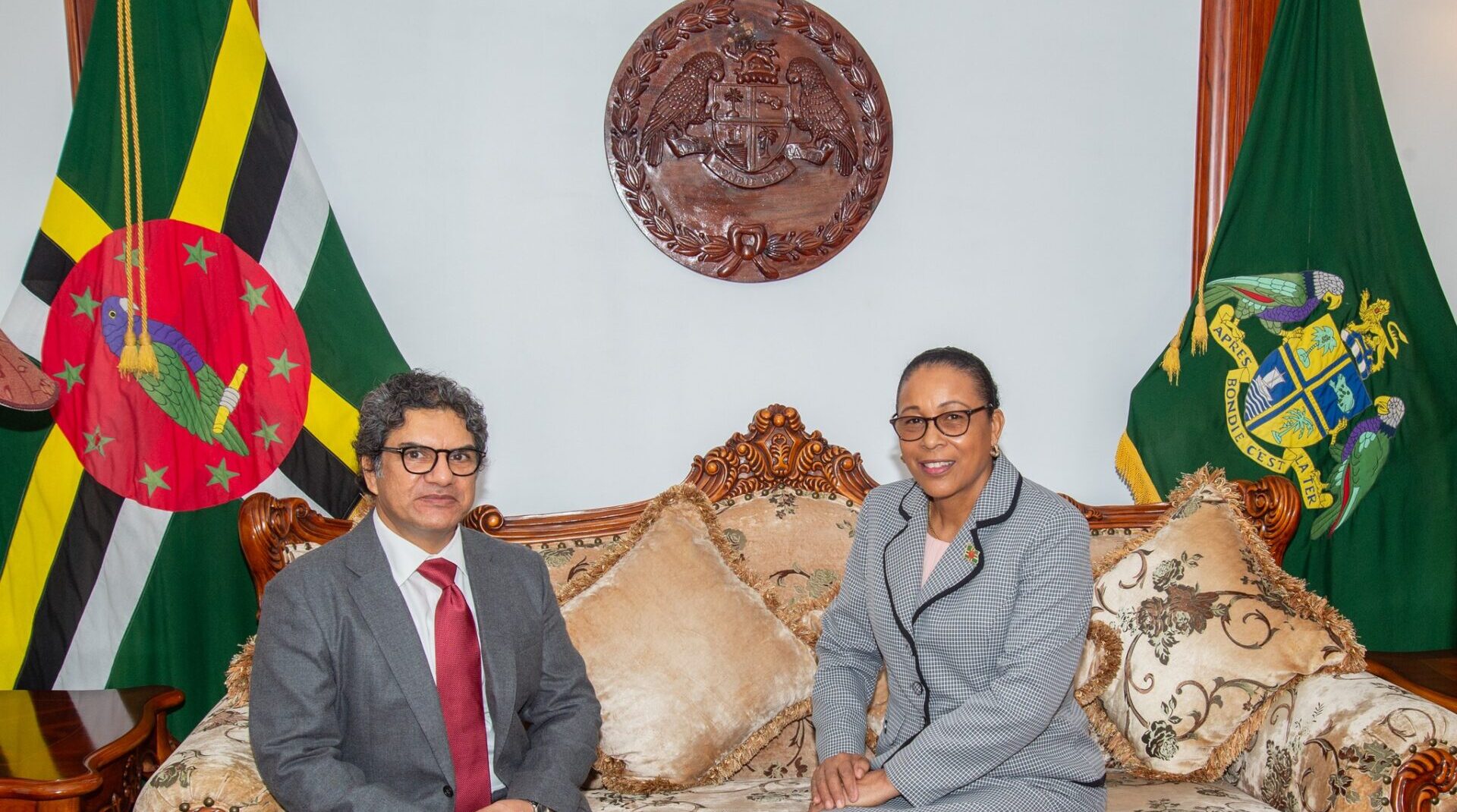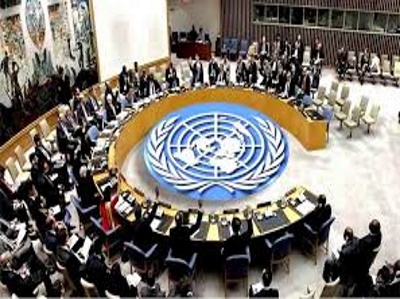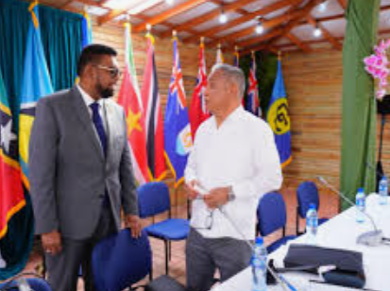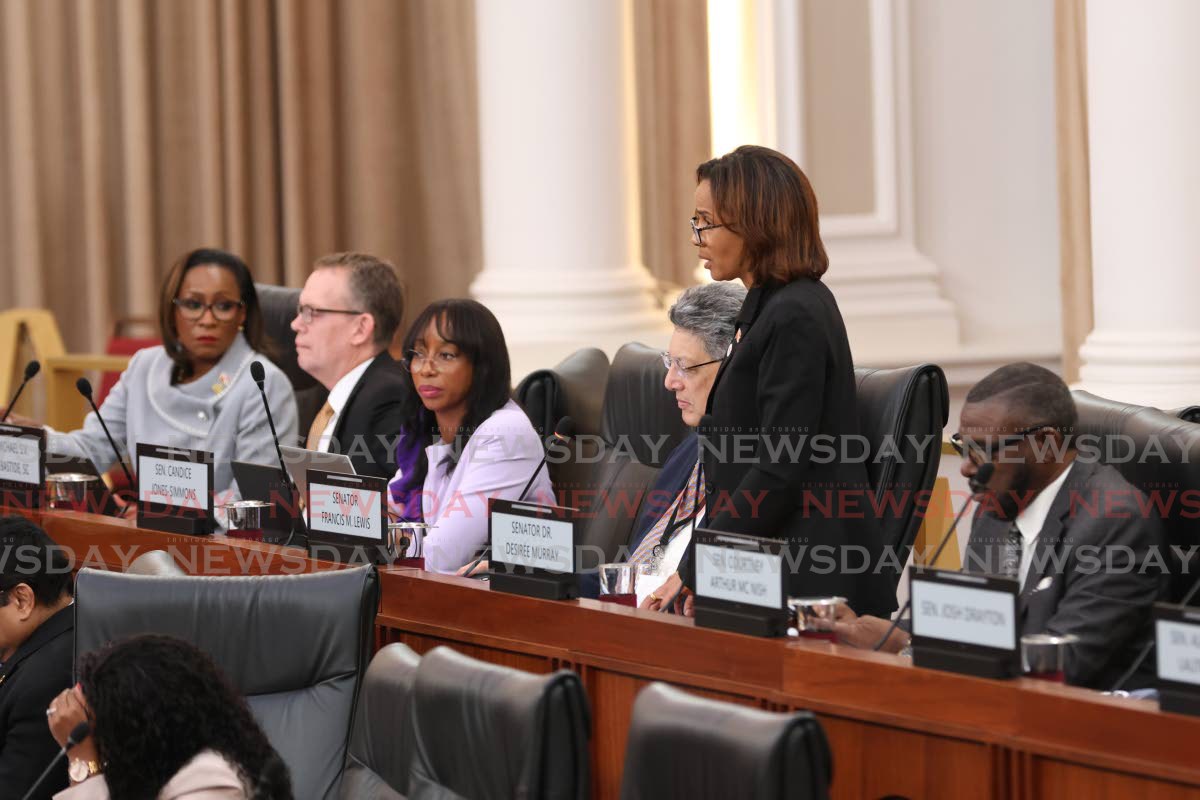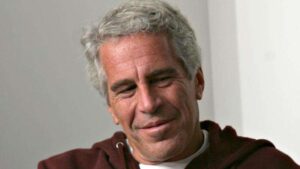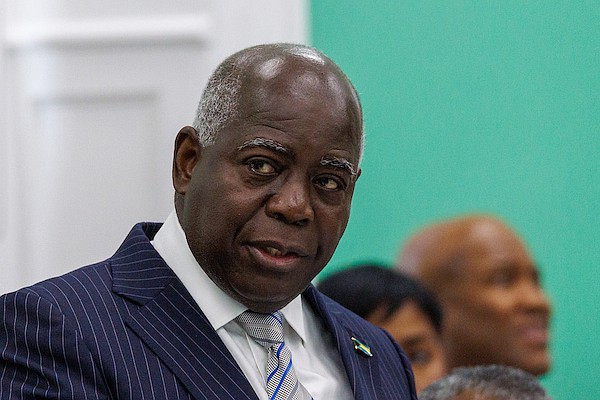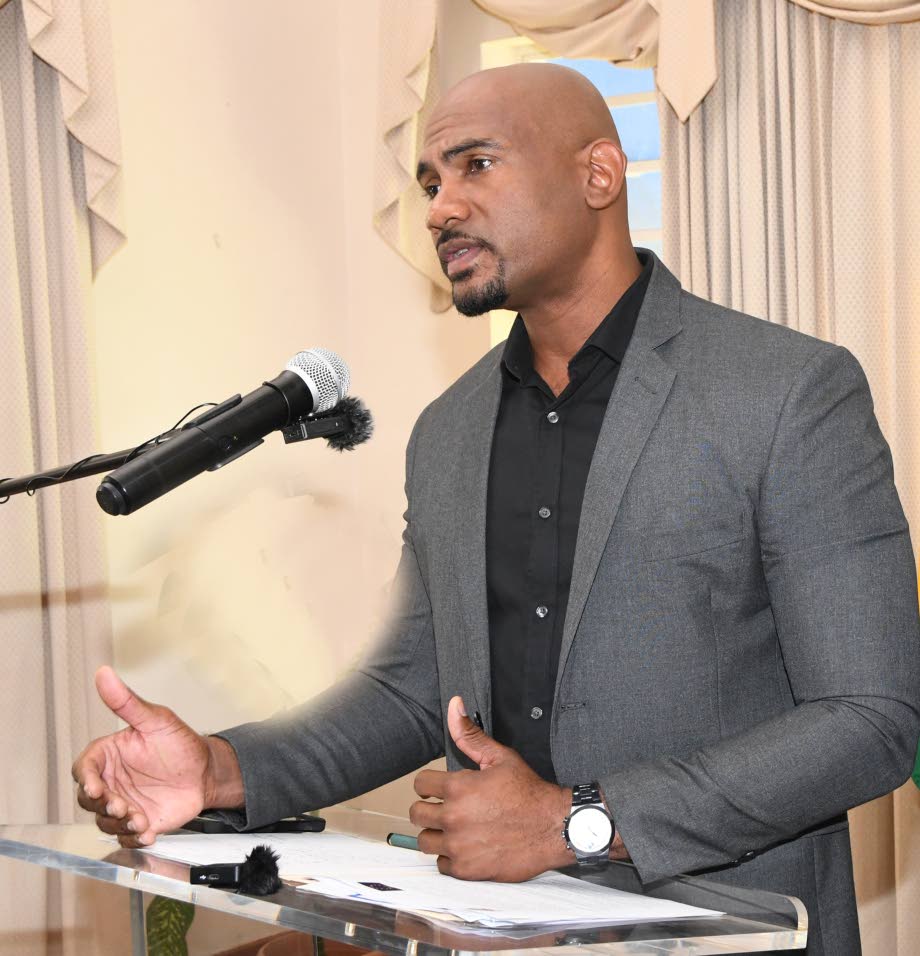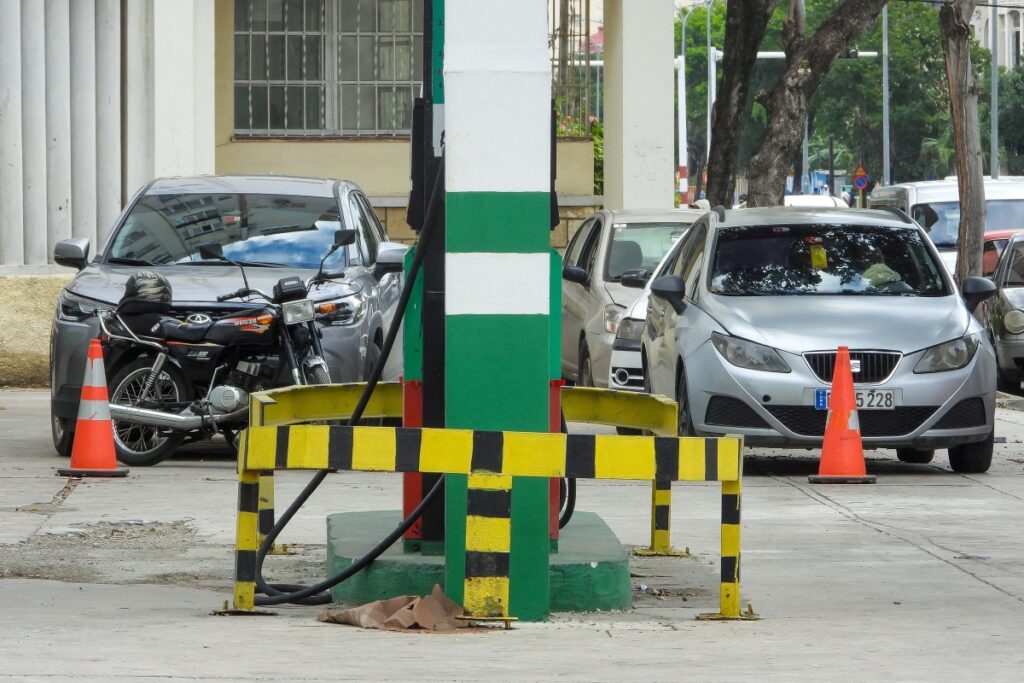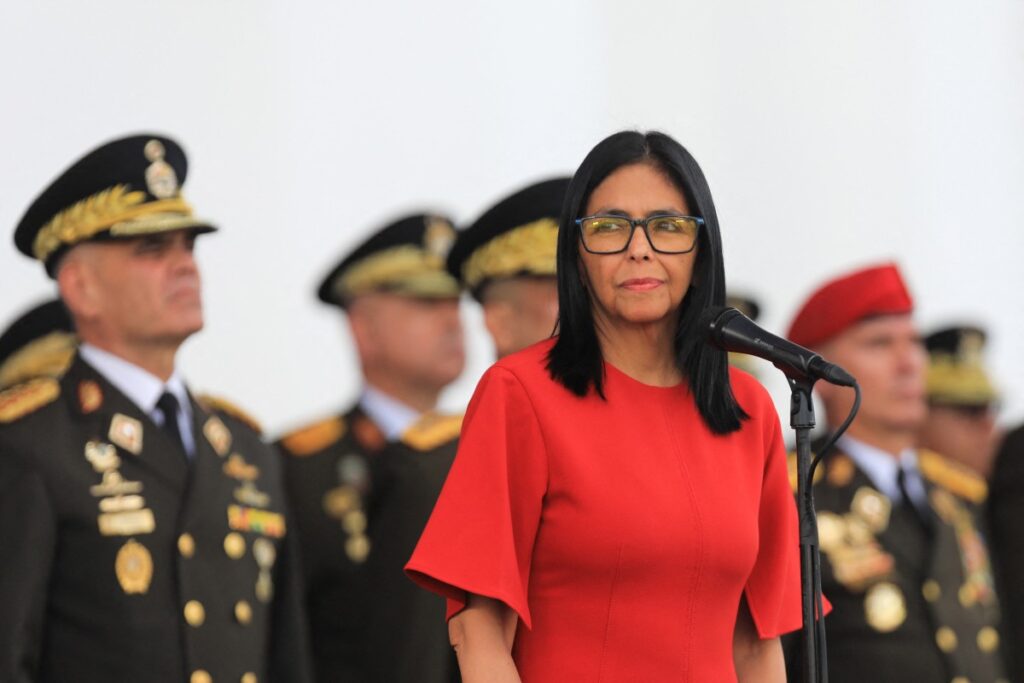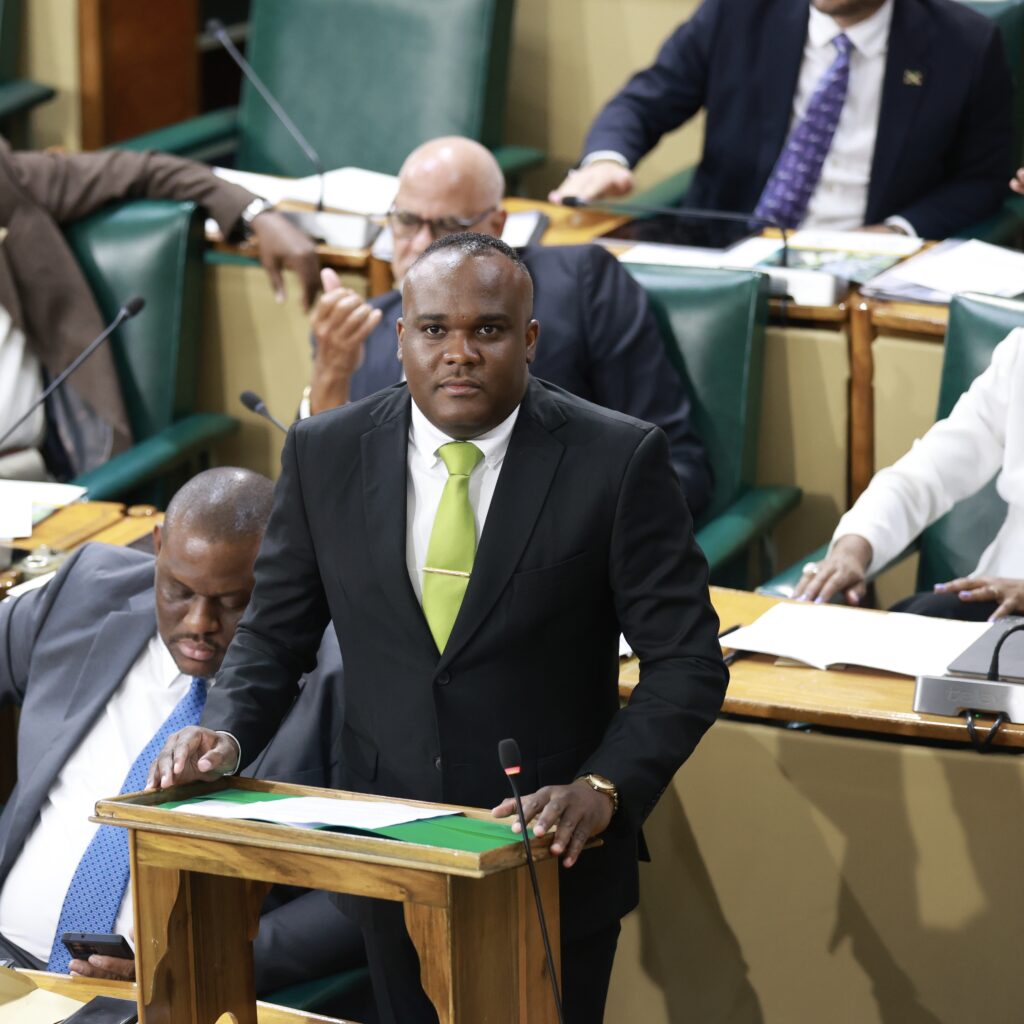In a significant diplomatic development, Shahbaz Malik has been officially installed as Pakistan’s inaugural ambassador to the Commonwealth of Dominica. The credential presentation ceremony occurred this week with Dominica’s President Sylvanie Burton presiding over the proceedings at the presidential office.
President Burton characterized the diplomatic milestone as reflecting both nations’ demonstrated resilience when confronting adversities. She formally acknowledged Pakistan’s internationally recognized contributions to global peacekeeping operations, humanitarian aid initiatives, and developmental cooperation programs.
Emphasizing Dominica’s position as a small island developing state, Burton highlighted the nation’s advocacy for climate justice, sustainable development frameworks, and protection mechanisms for vulnerable communities. ‘Our shared experiences form a substantial foundation for developing deeper, more purposeful bilateral partnerships,’ the president stated during the ceremony.
The Dominican leader specifically noted Ambassador Malik’s commitment to strengthening political and commercial connections while fostering people-to-people exchanges between the Caribbean nation and the South Asian republic. Burton identified numerous potential collaboration areas including educational capacity-building through scholarship programs, academic exchanges, and technical training initiatives.
‘Cooperation in agriculture, tourism security, renewable energy, and climate resilience holds particular relevance as both nations address climate change impacts and pursue sustainable development pathways,’ President Burton emphasized.
Ambassador Malik conveyed formal greetings from Pakistan’s leadership to the Dominican government and citizens, expressing optimism about strengthening bilateral relations in coming years. The diplomatic engagement marks a new chapter in cooperation between the two Commonwealth members, with focus areas spanning climate resilience, economic development, and educational exchange programs.
